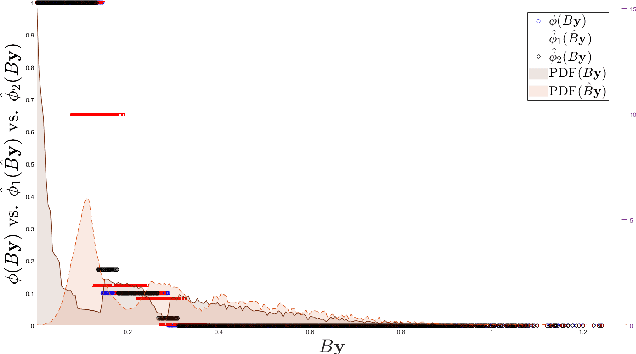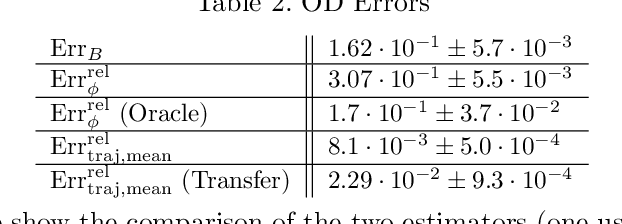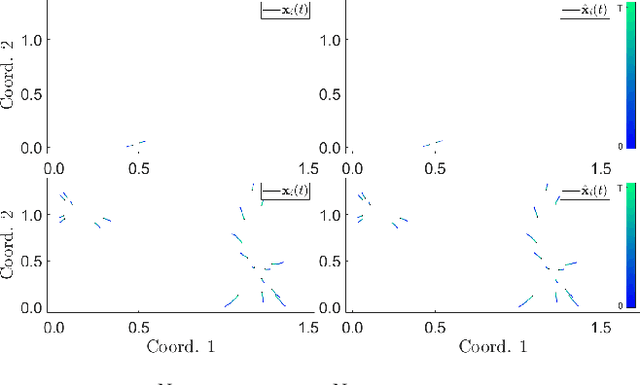Patrick Martin
University of Pennsylvania
Learning Interaction Variables and Kernels from Observations of Agent-Based Systems
Aug 04, 2022



Abstract:Dynamical systems across many disciplines are modeled as interacting particles or agents, with interaction rules that depend on a very small number of variables (e.g. pairwise distances, pairwise differences of phases, etc...), functions of the state of pairs of agents. Yet, these interaction rules can generate self-organized dynamics, with complex emergent behaviors (clustering, flocking, swarming, etc.). We propose a learning technique that, given observations of states and velocities along trajectories of the agents, yields both the variables upon which the interaction kernel depends and the interaction kernel itself, in a nonparametric fashion. This yields an effective dimension reduction which avoids the curse of dimensionality from the high-dimensional observation data (states and velocities of all the agents). We demonstrate the learning capability of our method to a variety of first-order interacting systems.
A Freely Available Syntactic Lexicon for English
Oct 21, 1994



Abstract:This paper presents a syntactic lexicon for English that was originally derived from the Oxford Advanced Learner's Dictionary and the Oxford Dictionary of Current Idiomatic English, and then modified and augmented by hand. There are more than 37,000 syntactic entries from all 8 parts of speech. An X-windows based tool is available for maintaining the lexicon and performing searches. C and Lisp hooks are also available so that the lexicon can be easily utilized by parsers and other programs.
* Latex file with .eps figure. 8 pages
 Add to Chrome
Add to Chrome Add to Firefox
Add to Firefox Add to Edge
Add to Edge